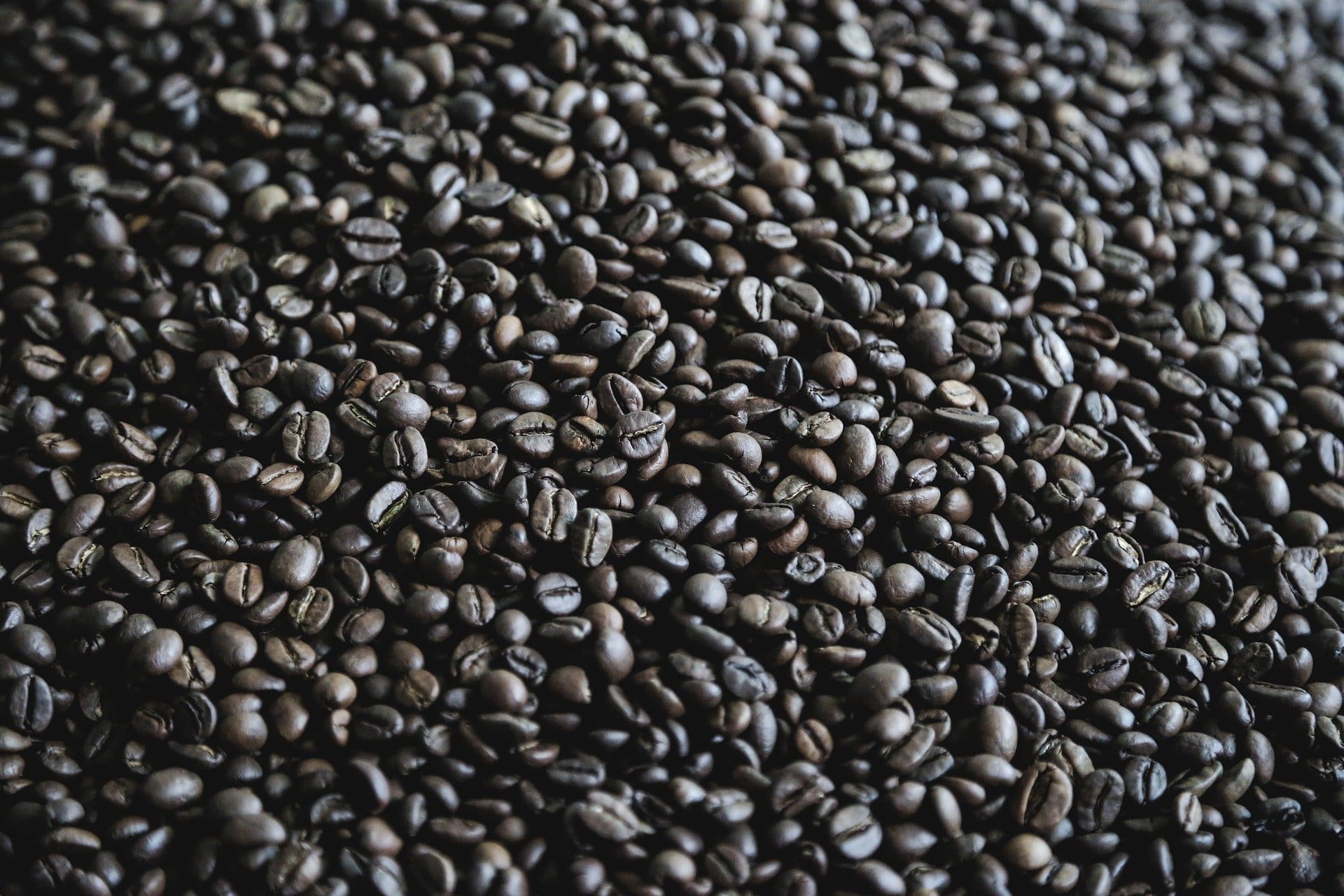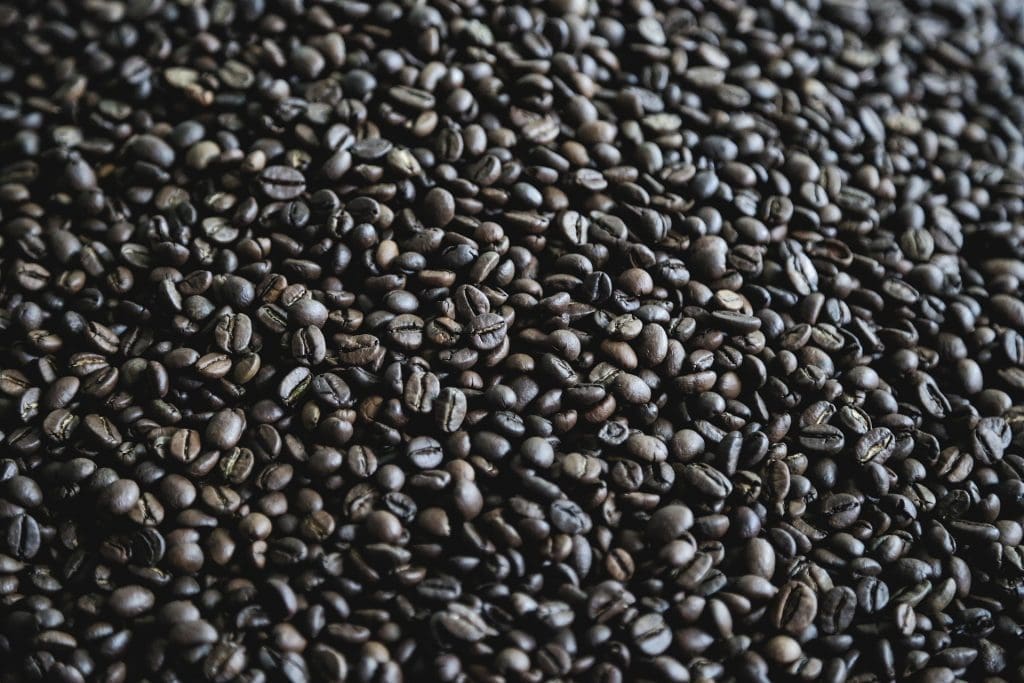

While it is encouraged that we drink the recommended amount of water each day, many people may choose different ways to hydrate. Coffee and tea are two favorite beverage choices—especially during the workday, when caffeine feels like a necessity. But some may ask, “Will caffeinated beverages just dehydrate you?” So what does Drinking Only Coffee do to your body.
In a recent Business Insider article, Ali Webster, PhD, RD, associate director of nutrition communications at the International Food Information Council Foundation, shares some insight on what happens to the body if you drink only coffee and tea all day, and no water.

Drinking Only Coffee Hydrating Aspects vs. Diuretic Effects
So what’ll really happen if you drink only coffee and tea all day? Webster says, “You’ll probably be extremely over-caffeinated! When caffeine is consumed in large doses, like the amount in 5 cups of coffee, it can induce a small diuretic effect.” However, this doesn’t mean caffeine is less hydrating.
“The hydrating aspects of coffee and tea outweigh its diuretic qualities,” Webster says. Building up a caffeine tolerance, which occurs when your morning cup of coffee turns into three cups, also will aid in lowering the diuretic effect.
Dry Mouth Sensation
Webster explains how some people may experience a dry mouth after drinking caffeinated beverages. This feeling leads them to believe that these drinks cause dehydration. Coffee and tea are made mostly of water, which means the dry feeling is not dehydration. The sensation comes from tannins, which are found in tea, coffee, some fruits and even dark chocolate.
Do Coffee and Water Have Similar Hydrating Qualities?
One study looked at 50 male coffee drinkers who consume three to six cups per day, comparing the effects of coffee consumption against that of water. It found no significant difference across a wide range of hydration status trials. These results suggest that when consumed in moderation by regular male coffee drinkers, coffee provides similar hydrating qualities to water. It is important to note that this was a small study, and it only covered a short period of time—meaning that no long-term effects could be analyzed.
Can Heavy Caffeine Consumption Cause Other Side Effects?
According to the U.S. Dietary Guidelines, healthy adults can safely consume up to 400 mg of caffeine a day. This equals about four cups of regular coffee or eight cups of black tea. While caffeine can help you stay more alert, energized and focused, Webster warns, “Heavy caffeine intake has the potential to cause other unwanted side effects like an upset stomach, heartburn, restlessness, increased anxiety or nervousness, insomnia, muscle tremors (aka the “coffee jitters”) and increased heart rate.”
With this in mind, Webster suggests including other fluids that don’t contain caffeine, especially water. Drinking fluids accounts for 80 percent of our water intake, while the other 20 percent comes from foods, especially fruits and vegetables. It’s also recommended that women consume 11 glasses of water per day, while men should consume 13 glasses.
“Drinking enough water is important for removing waste products that result from normal body metabolism,” Webster says. She explains that for a person with properly functioning kidneys, excess water is absorbed in the gastrointestinal tract, filtered through the kidneys and then removed from the body through urination.
A Simple Way to Monitor Hydration
“The best way to maintain water balance in the body [is] to monitor your urine color,” Webster recommends. “It should be pale yellow, like the color of lemonade — and pay attention to your thirst sensation. If you feel thirsty, it’s likely that you’re already a little dehydrated. If you’re not thirsty and your urine is pale yellow, you’re likely getting enough water.”
We all love our daily cup(s) of coffee and tea. Keeping yourself caffeinated throughout the day won’t hurt you. But it also doesn’t hurt to have a few glasses of water throughout the day.
Still curious about caffeine? For more information about caffeine, safety, sources and amounts and a few quick facts, check out our fact sheet, Everything You Need to Know about Caffeine.
Source Link – https://www.foodinsight.org/what-happens-if-you-drink-coffee-and-tea-all-day-caffeine



